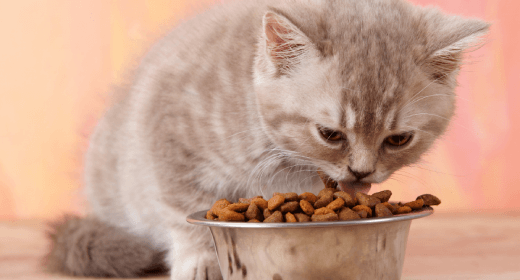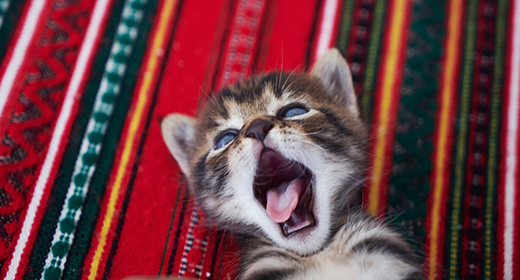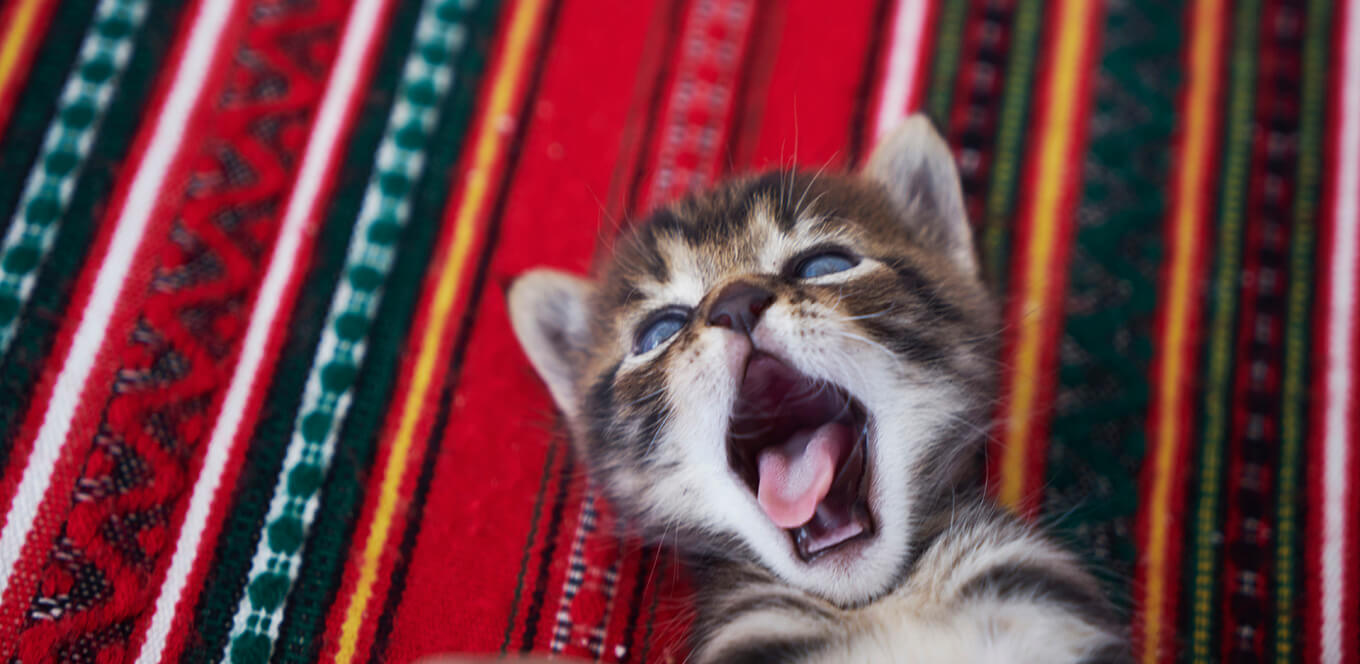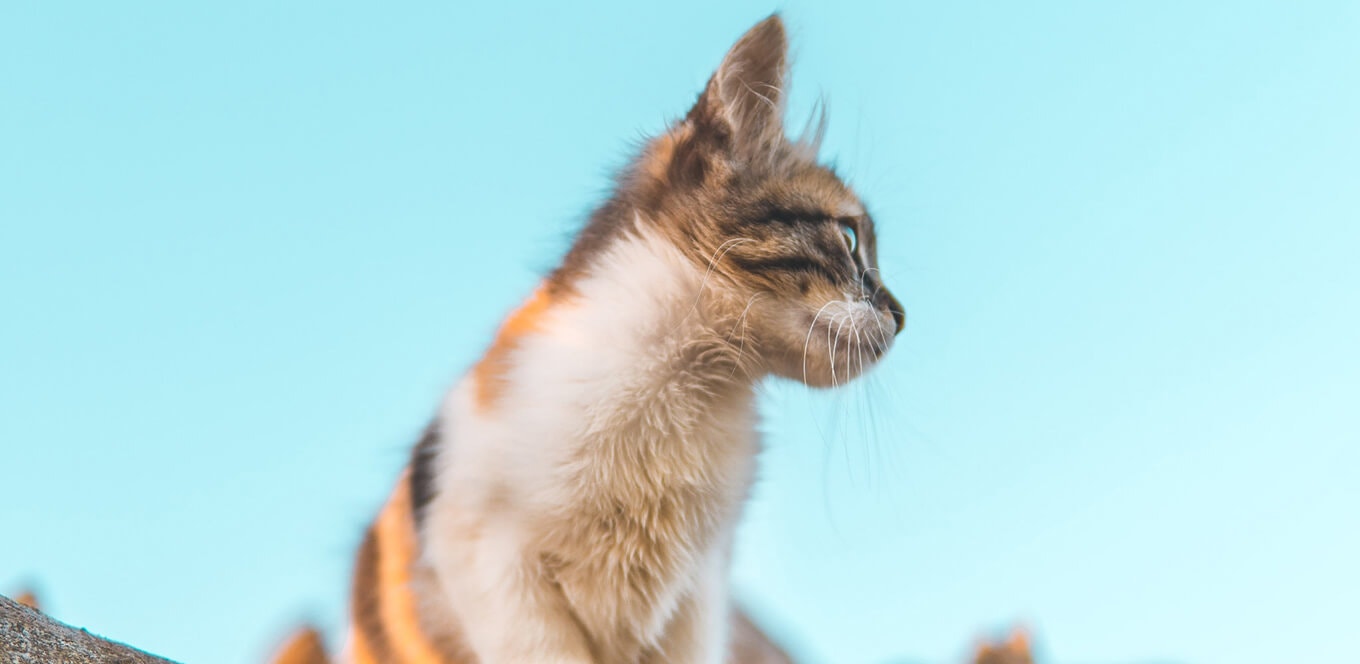

If you are considering an all-natural, holistic, or organic kitten food, here are some facts you may not be aware of. Currently the pet food market is experiencing a push toward “all-natural,” “holistic,” and “organic,” the significance of which is still to be determined. The question becomes, is there an actual benefit to an “all-natural,” “holistic,” or “organic” diet?
AAFCO defines “natural” as “…derived solely from plant, animal, or mined sources… not containing any additives or processing aids that are chemically synthetic except in amounts as might occur unavoidably in good manufacturing practices.”
Loosely interpreted, this definition could include a range of “natural” products, including tobacco or any other naturally grown drug or substance.
None of these “all-natural” products are considered healthy additives for your kitten. So it is apparent that regulatory work is needed to define the true beneficial use of all-natural. Also noteworthy is the fact that nowhere within the definition are plant and animal by-products excluded. Not only are they “natural,” but they contribute valuable nutrients as ingredients in human and animal foods.
The term “holistic” kitten food is not distinctly defined by any of the regulatory agencies as a classification for food. This is particularly noteworthy in kitten food, because all diets sold commercially must be “Complete and Balanced” for a designated age or activity level. Or in other words, be a “holistic” dietary approach.
Organic kitten food is labeled “organic” by a government-approved certifier who inspects the farm where the food is grown to make sure the farmer is following all the rules necessary to meet USDA organic standards. Whether organic kitten food provides any additional safety or nutritional value is still being debated by experts. Even the USDA refuses to take a position. It is also important to note that there are no strict requirements for organic kitten food right now.
There is tremendous confusion surrounding the significance of all-natural, holistic, and organic kitten food terms. Widespread use without substantiation has forced several government and “watch-dog” consumer groups to become involved; this will result in more education and clarification as to what these terms really mean to consumers. But, for now usage of these terms requires your consideration.


As a new kitten parent, maintaining your pet's oral health is crucial. Teething is one of the most important stages and it is essential to start good oral hygiene practices during this period. A healthy mouth is vital for your kitten's overall wellbeing. It can prevent dental issues such as plaque, tartar, and tooth decay. Not sure how to support your kitten’s oral health during its growth years? This guide will provide you with the knowledge you need to keep your kitten's teeth and gums strong and healthy.
To ensure proper kitten dental care, it is important to be aware of the stages of your kitten's dental growth. Kittens are born toothless but begin to develop teeth once they turn 2 or 3 weeks old. By 8-12 weeks, they will have all their primary teeth. These baby teeth will eventually be replaced with permanent adult teeth during the teething stage. This can cause discomfort, pain, swelling, or bleeding gums. It is imperative to consult your vet and make this period a little bearable for your little pal.
Want to ensure your kitten's dental health? Here's a step-by-step guide on how to properly brush its teeth:
Gently lift your kitten's lip and brush their teeth in a circular motion. Make sure to reach all surfaces. Use a soft-bristled brush designed for cats and toothpaste formulated for them.
Use a small amount of toothpaste and make sure your kitten doesn't swallow it.
Reward your kitten with a treat or cuddles after each brushing session to make the experience a positive one for them.
Gradually increase the frequency and duration of brushing once your kitten becomes more comfortable with the process. Remember to be patient and gentle when brushing your kitten's teeth as it may take some time for them to get used to it.
Maintaining the dental health of your kitten is crucial for their overall wellbeing. Here are some tips on how to prevent plaque and tartar buildup to keep your kitten's teeth and gums healthy:
Dental wipes, rinses, and pads: Dental wipes or pads can clean your kitten's teeth and gums. In fact, it is a useful alternative to brushing. Dental rinses can also freshen your kitten's breath and kill bacteria
Dental treats: Providing your kitten with dental treats can also keep their teeth clean and healthy. Look for treats formulated to reduce plaque and tartar. Moreover, avoid cat treats that are loaded with sugar.
Regular vet check-ups: It's essential to have regular check-ups with your vet to ensure that your kitten's teeth and gums are healthy. Your vet can also help you identify any issues that may arise and recommend an appropriate course of action.
Maintaining good oral health is essential for a cat’s overall wellbeing; hence, you must establish oral hygiene habits from its early age. Following the steps outlined in this guide can ensure that your kitten's teeth and gums remain healthy and strong throughout its life. Regular brushing, dental treats, and vet check-ups can help keep your kitten's mouth healthy. With your care and attention, your kitten can enjoy a fresh and healthy mouth for many years! Always consult your veterinarian if you have concerns or questions about your kitten's oral health.

